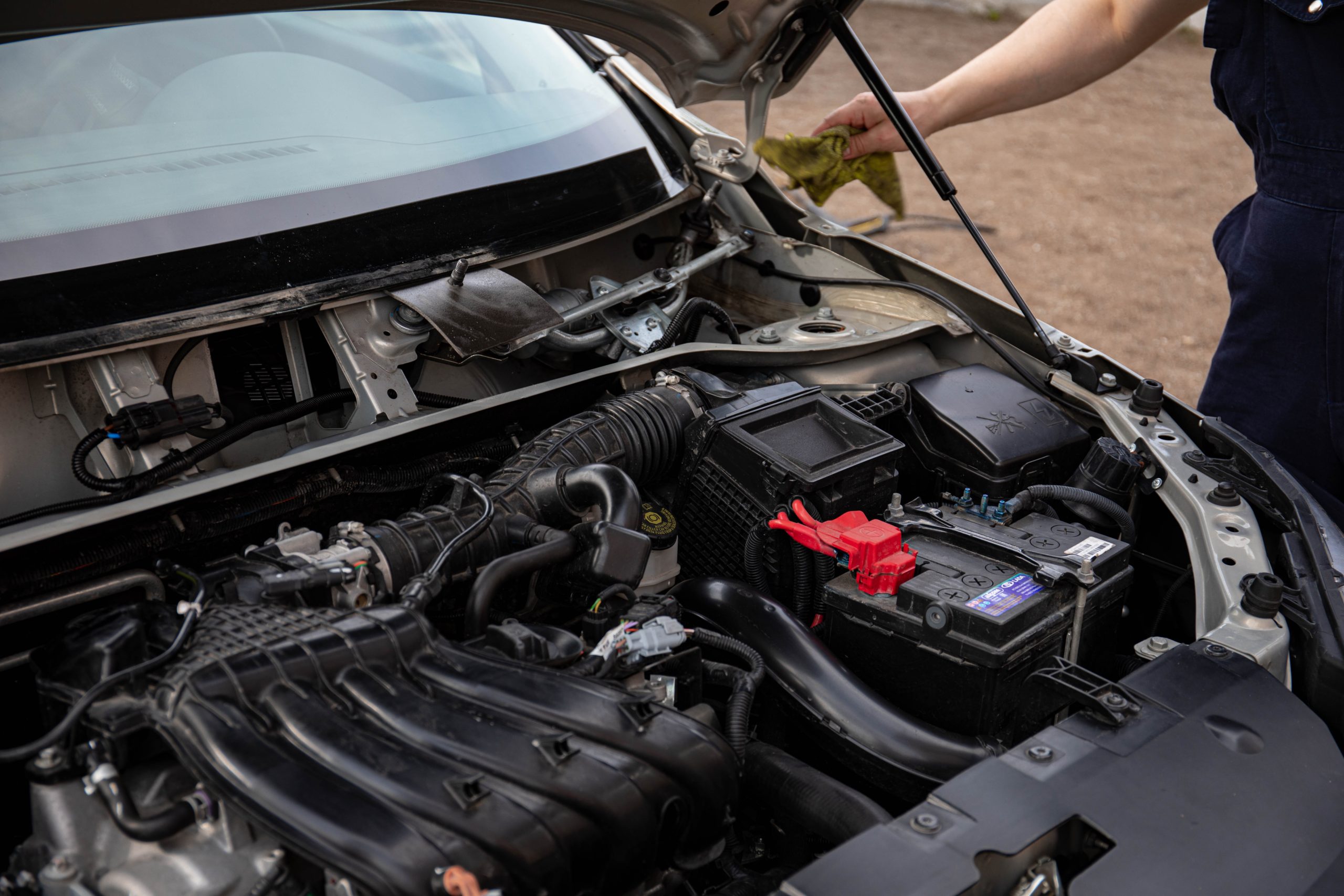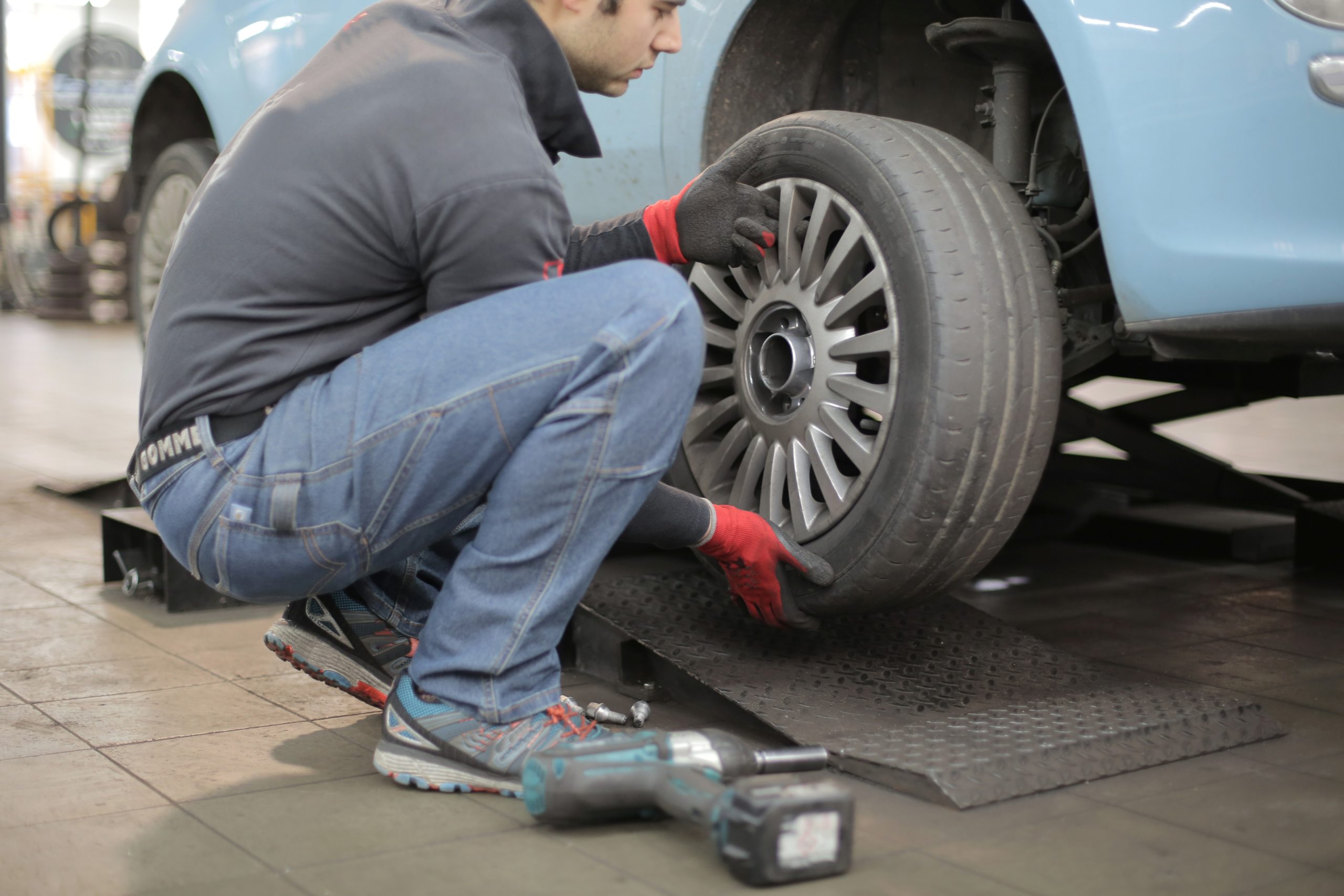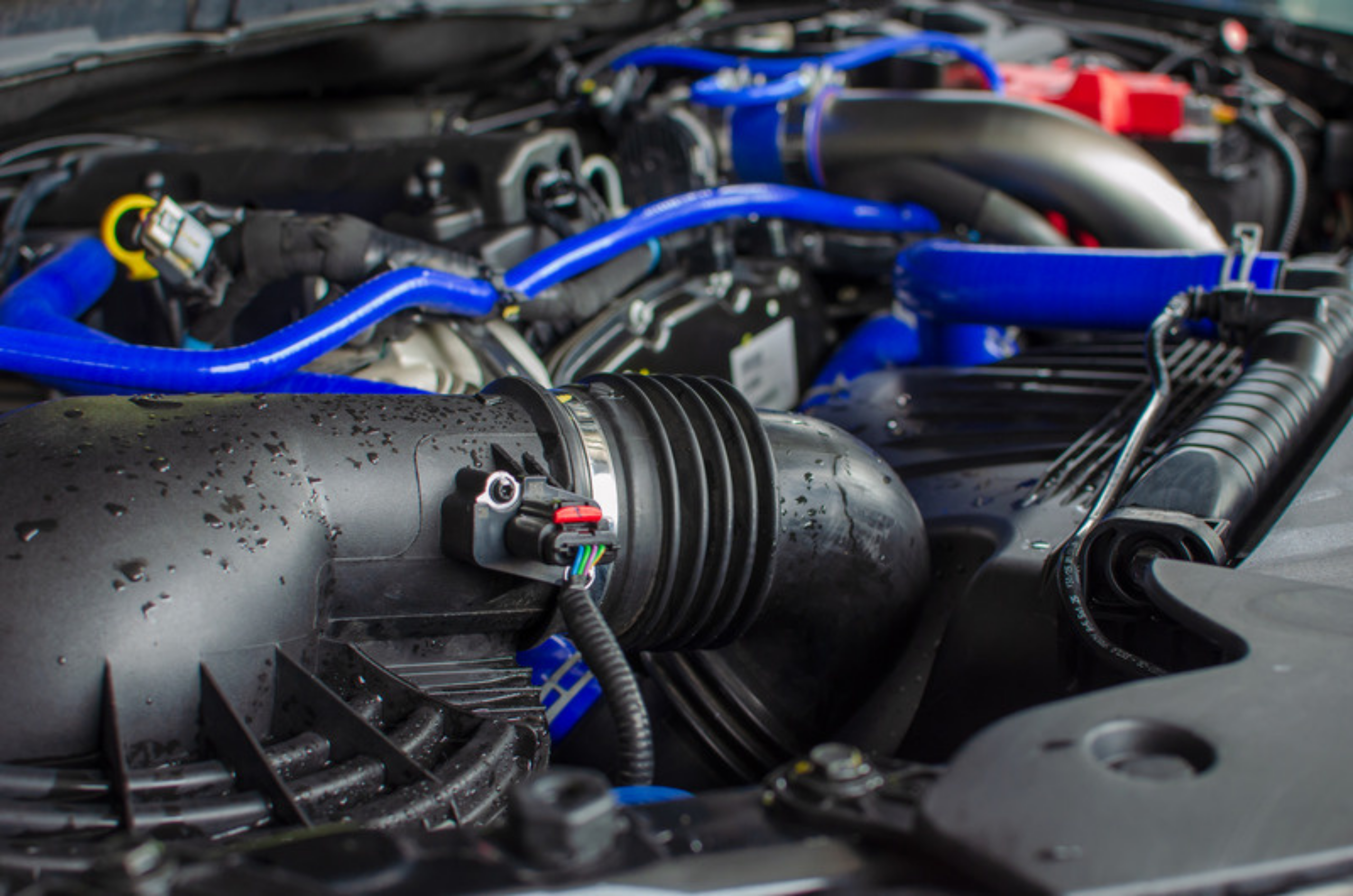How To Know If Car Battery Needs To Be Replaced
As a responsible car owner, it’s crucial to ensure that your vehicle’s battery is in optimal condition. A failing car battery can leave you stranded at the most inconvenient times. In this comprehensive guide, we’ll explore ten common symptoms that indicate it may be time to replace your car battery. By recognizing these signs early on, you can avoid unexpected breakdowns and maintain a reliable and efficient vehicle.
Ten Symptoms of a Failing Car Battery
- Climate
- Driving habits
- Battery maintenance
- Quality
- Signs of battery trouble
- Extreme weather conditions
- Irregular vehicle usage
- Older batteries
Slow Engine Crank
One of the primary indicators of a failing battery is a slow cranking engine. If you notice that your engine takes longer than usual to start, it may be due to a weak battery. As the battery loses its capacity to hold a charge, it struggles to provide the necessary power to start the engine promptly
Dimming Headlights
When your car battery is on the decline, you might observe that your headlights appear dimmer than usual. As the battery weakens, it struggles to supply sufficient power to the electrical components, causing the headlights to lose their brightness. If you notice this symptom, it’s advisable to have your battery checked.
Electrical Issues
A failing battery can lead to various electrical problems in your vehicle. You may experience issues such as flickering dashboard lights, malfunctioning power windows, or an unresponsive infotainment system. These electrical glitches often indicate that the battery is no longer providing the necessary power to support these components.
Frequent Jump Starts
If you find yourself frequently relying on jump-starting your car, it’s a clear sign that your battery is struggling. While jump-starting can provide temporary relief, it’s not a long-term solution. Continuously jump-starting your car may further damage the battery and should be taken as a warning to replace it.
Swollen Battery Case
Inspecting the physical condition of your battery is essential. If you notice that the battery case is swollen or bloated, it’s a strong indication of internal damage. A swollen battery is a safety hazard and should be replaced immediately to prevent the risk of battery leakage or an explosion.
Foul Smell
A pungent, rotten egg-like smell coming from the battery could indicate a leak or internal damage. The smell is caused by sulfuric acid, which is present in the battery. If you detect this odor, it’s crucial to have your battery inspected and replaced promptly to avoid further complications.
Old Age
Car batteries have a limited lifespan, typically ranging from three to five years. If your battery is nearing or surpassing this age range, it’s wise to proactively consider a replacement. Even if your battery appears to be functioning adequately, older batteries are more prone to sudden failure.
Frequent Battery Testing Failures
Regular battery testing is an effective way to assess its health. If your battery consistently fails the test or exhibits declining performance over time, it’s a clear sign that it needs replacement. Professional battery testing services can provide accurate insights into the condition of your battery
Unusual Battery Corrosion
Corrosion around the battery terminals is a common problem caused by acid leakage. If you notice a powdery substance or a buildup of corrosion on the terminals, it can hinder the battery’s ability to maintain a proper connection with the vehicle’s electrical system. Cleaning the terminals may offer a temporary fix, but replacing the battery is the ideal long-term solution.
Random Battery Drains
If your battery constantly drains even when the vehicle is not in use, it may indicate an underlying problem. Parasitic draws, faulty alternators, or malfunctioning electrical components can all contribute to battery drain. Seeking professional assistance is crucial to diagnose and rectify the issue effectively
If you notice any of these symptoms, it’s a good idea to have your car battery tested by a qualified mechanic.
How Long Does a Car Battery Typically Last?
The typical lifespan of a car battery is generally between 3 and 5 years. However, several factors can impact the actual duration of a dead battery, including:
To determine if your car battery needs replacement, you can perform a few checks. Use a battery tester to assess its condition or listen for a clicking sound when starting the car, indicating insufficient power.
How Often Should I Have My Car Battery Tested?
It is recommended to have your car battery tested annually, especially if it is over two years old. Regular battery testing allows you to assess its health and detect any potential issues early on. However, there are certain circumstances where more frequent testing may be necessary. Consider the following scenarios:
Keep in mind that many auto service centers and battery retailers offer battery testing services. They have specialized equipment to measure the battery’s voltage, cold cranking amps (CCA), and overall health. These tests provide accurate insights into the condition of your battery and help you make informed decisions regarding its replacement or maintenance.
Conclusion
In conclusion, recognizing the signs of a failing car battery is crucial for every car owner. By being vigilant and proactive, you can avoid the inconvenience and potential dangers of a sudden breakdown. If you experience slow engine cranks, dimming headlights, electrical issues, frequent jump starts, a swollen battery case, foul smells, old age, failed battery tests, unusual corrosion, or random battery drains, it’s time to consider a replacement. Regular maintenance and inspections, along with consulting professionals, will ensure the longevity and reliability of your vehicle. Invest in a high-quality replacement battery to enjoy a smooth and worry-free driving experience. Stay empowered and stay safe on the road!




